“The secret to life is to put yourself in the right lighting. For some it’s a Broadway spotlight, for others, a lamplit desk.” ~ Susan Cain
I stumbled upon reading Jiddu Krishnamurti shortly after I had spent time researching Mahatma Gandhi, and was amazed by the similarities between them. Both of them were late bloomers and Krishnamurti, for instance, was considered vague, lost in his own thoughts and mentally slow developed with a tendency to gaze into the distance for hours. When CW Leadbeater selected him as the World Teacher of the Theosophical movement, Jiddu’s tutor was surprised, for his brother Nitya was considered the bright one.
In Gandhi’s autobiography ‘The Story of My Experiments with Truth’, he mentions about his early days at school:
“ The fact that I recollect nothing more of those days than having learnt, in company of other boys, to call our teachers all kinds of names, would strongly suggest that my intellect must have been sluggish, and my memory raw.”
While Gandhi made up for his laggardness later (“I was not regarded as a dunce at the high school,” he says modestly), Krishnamurti never managed to clear a single exam in his life. He attempted matriculation three times but failed. Mary Lutyens, his biographer and childhood friend, whose mother Emily, was virtually a surrogate mother to him, describes him in his university years as “vague, gentle, fallible, shy, simple-minded, compliant, affectionate, delighting to laugh at the silliest jokes.” He also, she mentions, had a terrible memory and could remember nothing of an event after it had passed.
Both Gandhi and Krishnamurti were painfully shy, Gandhi, in the book says of himself:
“ My books and my lessons were my sole companions. To be at school at the strike of the hour and to run back home as soon as the school is closed-that was my daily habit. I literally ran back, because I could not bear to talk to anybody. I was even afraid lest anyone should poke fun at me.”
As a young man, he was so afraid of speaking in public that he had to get other people to read out his speeches for him. Gandhi, however, outgrew this and became serene and extroverted.
However, Krishnamurti remained shy and self-effacing with strangers till his last, with a limited fund of small talk. In a book written on him, a longstanding disciple, Sunanda Patwardhan says of him: “He was compassionate and yet seemed remote and harsh in his relationships. He appeared aloof, yet when one knew him he could be close and easily approachable.”
So what happened that made them, and I daresay, several more of their ilk, grow into such original, radical thinkers and paradigm shifters?
Writer Aldous Huxley said of Krishnamurti’s talks:
”It was like listening to a discourse of the Buddha – such power, such intrinsic authority….”
“Generations to come will scarcely believe that such a one as this ever in flesh and blood walked upon the earth.“
When their biographers speak of them, they often imply that these people had to overcome their weaknesses to become who they did. But it seems to me that they would not have become who they did had they not been introverted, shy and even backward in their early years.
Gandhi and Krishnamurti belong to that rare and tiny minority whose minds take time to ripen. And the reason is not slow-wittedness; rather their minds are vast and holistic, oriented towards the larger picture. Both were concerned with not just individual salvation or the solution to specific problems, but viewed these in entirety. This was what enabled Gandhi to create social, political and economic systems based on his understanding of life. It was this that helped Krishnamurti discern the connection between the individual and the larger whole and commit his life to arguing for the urgent need for individual transformation in order to solve the problems of war, environmental degradation and social injustice.
If one is to understand them using the MBTI (Myers-Briggs Type Indicator) system of personality types, one would put them in the league of the Introverted, Intuitive, Feeler (INF).
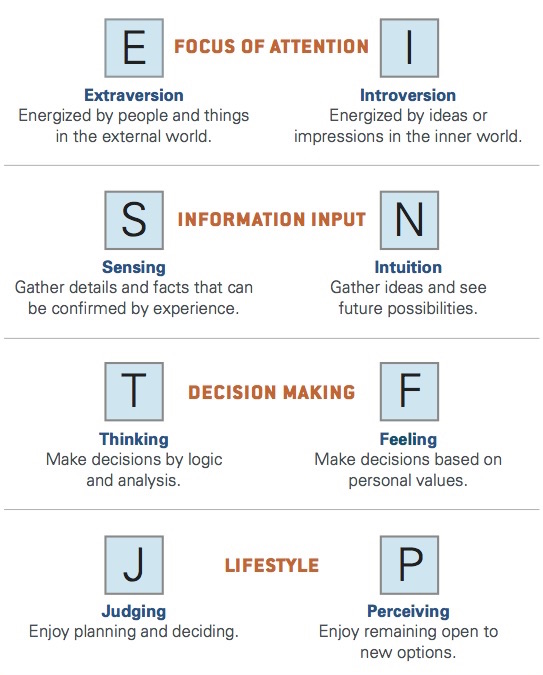
This type indicator is based on Carl Jung’s classification of types through understanding how people receive information and process it.
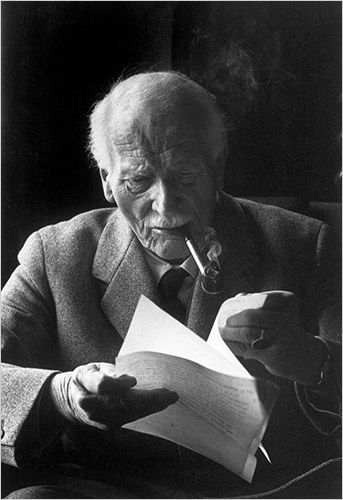
Intraversion refers to the inclination towards the inner world of concepts and ideas as opposed to the outer world of people and things, which attracts the extrovert. Introverts get their energy and motivational force from within, unlike extroverts who derive it from the outside.
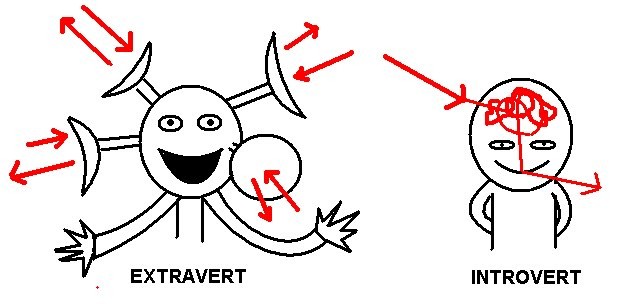
This is why introverts are more comfortable in their own company or in the company of a few close friends, than among the general melee. Introverts are also connected to the universal archetypes, to use Jung’s language, or simply, they are connected to the eternal values of life in a way that extroverts with their focus on the current times, may not be.
Intuition refers to the ability to perceive through the sixth sense, through insights and inspiration. An intuitive person does not depend on one’s senses to receive data to the extent that the sensory person does. The intuitive person is also more concerned with possibilities and ideas than with the present situation. For both Gandhi and Krishnamurti, what was important was not what man was but what he could be.
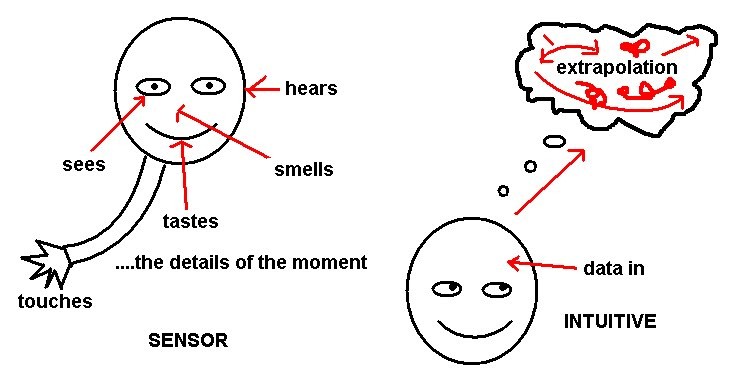
Intuition not only provides the individual with imagination and insight to understand things, but also often plays the role of the decision-maker. Gandhi, for instance, always found guidance from within. The inspiration for the Dandi March, acknowledged by many as a masterstroke in mobilizing the masses, came from within, as did his cues for launching into a fast.
All his life, Krishnamurti felt the presence of the Divine within him, cleaning and energizing him. His growth too, was forged from within. He wrote to lady Emily:
”I must find myself and only then can I help others…if I am to help I must have sympathy and complete understanding and infinite love.”
He knew the graph of his journey and even mapped it out himself, but the journey had to be made from within. Not without.
Feeling and its opposite, thinking, refer to how we arrive at conclusions, take decisions based on our perceptions. While the thinker uses logic, the feeler is guided by his value system. Because of their acuity of feeling, such people are deeply concerned about human welfare and indeed, general welfare. One need hardly point out how passionately moved both Gandhi and Krishnamurti were to heal the world of its misery and to generate happiness for all.
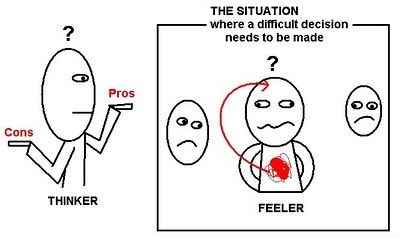
The NF’s (intuitive feelers) as a group, are deeply concerned with finding their true selves and actualizing their potential. Almost all seekers, artists, writers, musicians and sages are drawn from these ranks.
What strikes you about Gandhi and Krishnamurti is that their growth was organic, like a flower unfolding its petals. Their personalities unfolded over time. There was nothing forced or imposed abut their evolution. However, in both cases, one dramatic incident completed the process and revealed their missions, both to themselves and to the world. In Gandhi’s case, his whole system rebelled and awoke when he was thrown out of a train on South Africa because he was colored. In Krishnamurti’s, the death of his brother Nitya forced him to engage with sorrow and to emerge free of it, thereby permitting him to pass on the knowledge to others. But that long gestation was necessary for the system, so too, because of the complexity and magnitude of their goals, these great reformers and trailblazers took time to reveal their true selves.
Let us never underestimate the hidden power of backwardness, shyness and most importantly Introversion.




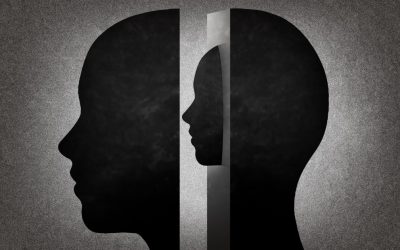

Share This
Share this post with your friends!